Album review: Beyonce swings big and misses on ‘bloated’ Cowboy Carter
At no point does the US pop superstar justify this country-tinged album’s exhaustive 78-minute length: it’s a record bloated with superfluous interludes and half-formed ideas.
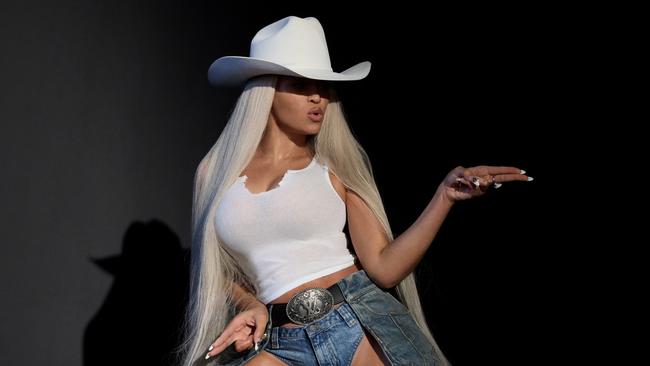
Album reviews for week of April 12 2024:
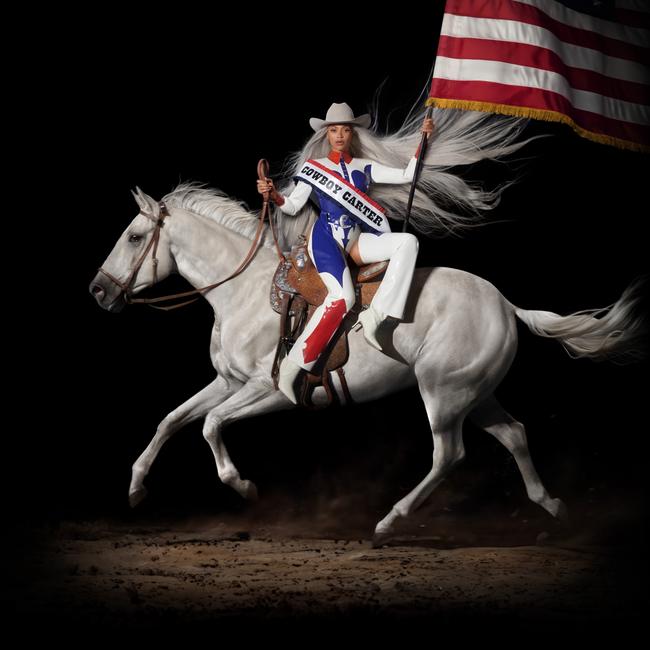
POP/COUNTRY
Cowboy Carter
Beyonce
Parkwood/Columbia
Why, exactly, is Beyonce Knowles-Carter so defensive? From the open letter penned prior to release, to opening verses bemoaning being either “too country” or “not country enough”, the woman literally known as Queen Bey is lashing out at her kingdom on eighth album Cowboy Carter. When she’s not seething about public perception, she’s trying to prove what a capital-A Artist she is by foraging through American musical history. This results in Frankenstein creations such as Ya Ya, which rips wholesale from Nancy Sinatra and The Beach Boys for no real reason, as well as the near-unlistenable Riiverdance (sic), which tries to make cloying acoustic guitars sexy. Cowboy Carter is 78 minutes long – almost 20 minutes longer than 2022’s dance music-focused predecessor Renaissance, and 30 minutes longer than 2016’s Lemonade. At no point does Beyonce justify this exhaustive length, bloating the record with superfluous interludes and half-formed ideas such as Flamenco, My Rose and Desert Eagle. There are, of course, moments that deserve to be ranked within the upper echelon of Beyonce’s album era: namely, the striking murder ballad Daughter, the stirring acoustic ballad Protector and the windows-down Californian cruiser Bodyguard. It’s in these tracks you’re reminded of what a confident, exciting musician this woman can be. Why? Because she’s showing, not telling.
This brings us to another major flaw: its total misuse of featured players. Willie Nelson, Dolly Parton and Linda Martell are each wheeled out as cameos, not collaborators; instead, they essentially function as props to talk about how great Beyonce is. Young African-American country musicians such as Brittney Spencer and Willie Jones, meanwhile, are relegated to backing vocals with one solo line – a flicker of spotlight and then back to, you guessed it, how great Beyonce is. Conversely, megastars Miley Cyrus and Post Malone are given way more airtime but while both are great artists, they effectively contribute nothing here. Can you imagine how much worse Lemonade — still far and away the best Beyonce record — would have been if Martell had popped up every 20 minutes to reiterate how diverse it was? Lemonade went from R&B to rock to soul to trap and back again because it could. Cowboy Carter leaps from genre to genre because it desperately has a point to prove. Jury’s still out on what that could possibly be, though. In the meantime, Beyonce will continue to wave from the procession as millions of onlookers praise her new clothes – they’ll face her wrath if they don’t, after all.
David James Young
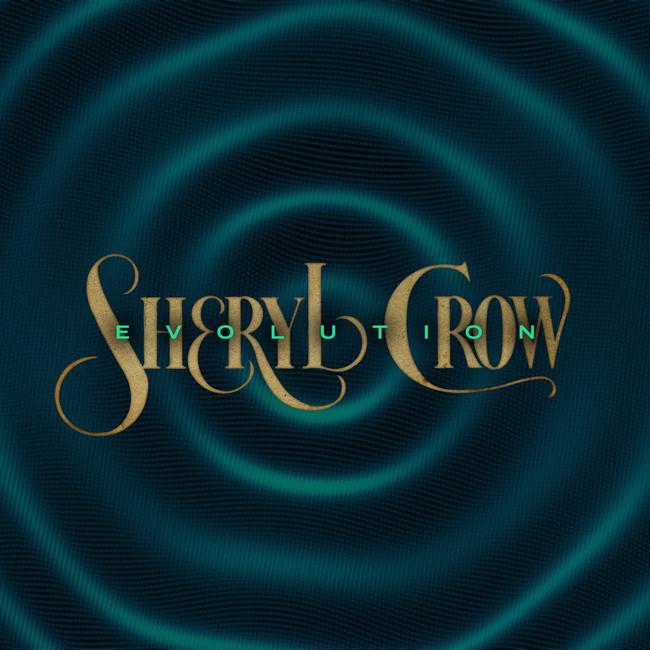
POP
Evolution
Sheryl Crow
Big Machine/Universal
After Sheryl Crow released her 2019 album, Threads — with a guest list including Keith Richards, Sting, Joe Walsh, Stevie Nicks, Bonnie Raitt and Johnny Cash — the US artist said she’d been so humbled in the company of such luminous collaborators that she could never follow it up. Evolution gives the lie to that. Announced by its jaunty first single, (That’s Why I Hate My) Alarm Clock – a fuzz-riff pop song about the everyday annoyance of being rudely woken from a dream – Crow’s 12th album in a 30-plus-year career radiates the wit and songwriting smarts that set her apart from soundalike pop peers such as Kylie or Madonna. The title track, with its wigged-out guitar solo by Rage Against The Machine’s Tom Morello, issues a timely warning on artificial intelligence, while Do It Again questions the link between spirituality and fatalism. You Can’t Change the Weather expands on the fatalism theme and, at the risk of overstatement, Crow mercilessly sends herself up on (Sometimes I Feel Like A) Broken Record. For someone whose 1993 hit All I Wanna Do proffered a preference for just having fun, Evolution is evidence of just how far Crow has come as the thinking person’s pop songwriter.
Phil Stafford

POP/SOUL
Real Power
Gossip
Sony
Gossip’s first album in a dozen years should be a sure thing, reuniting powerhouse vocalist Beth Ditto with not just multi-instrumentalist Nathan Howdeshell and drummer Hannah Billie but famed producer Rick Rubin. Yet perhaps because it began as a Ditto solo record and saw its recording process interrupted by the pandemic, Real Power packs a promising first half before petering out a lot in the second. The opening Act of God is one of the few tracks with actual grit, answering Ditto’s booming soul pipes with lived-in reverb. The title track then salutes disco with bells a la Blondie’s Rapture, while Ditto’s voice nails a rallying cry inspired by Black Lives Matter protests. But the songs become less and less striking after that strong one-two punch, even though there’s some impressive vulnerability on display across the R&B-tilted Don’t Be Afraid and power-pop ballad Crazy Again. It’s impossible to resist the passion and articulation fuelling Ditto’s singing, but her lyrics grow increasingly bland even as the music becomes sparse to the point of feeling muted by comparison.
Doug Wallen
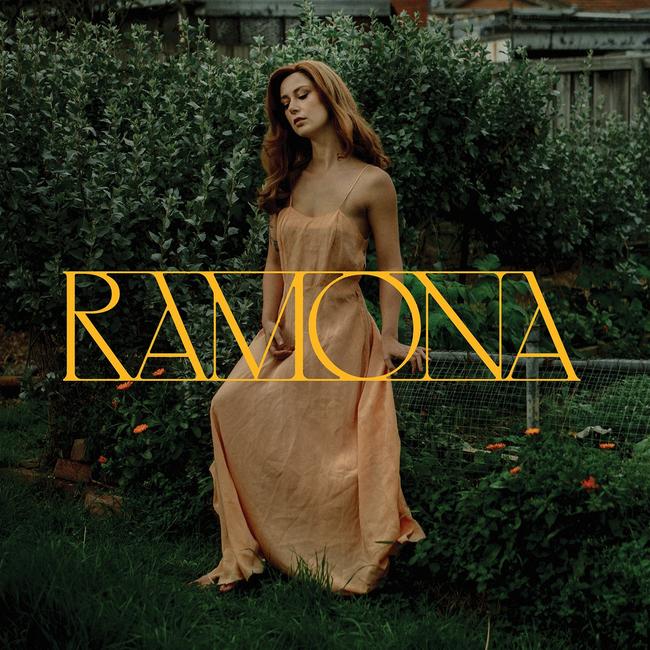
FOLK/ROCK
Ramona
Grace Cummings
Virgin
Set against anyone else’s voice, the grand orchestral arrangements spilling across Grace Cummings’ third album would steal the show. But so powerful and wide-ranging is the Melbourne songwriter’s vocal delivery that she remains the thrilling focal point. Apart from her naturally rich and deep delivery, it’s especially flooring when she suddenly turns to a snarl or similar patch of rawness, as on the Broadway-worthy piano ballad Help is on its Way. Working with producer/multi-instrumentalist Jonathan Wilson (Angel Olsen, Father John Misty), Cummings fully inhabits her emotional outbursts without the restraint she’s shown in the past. That invites an operatic quality at times, punctuated by fruitful flirtations with 1960s psych (I’m Getting Married to the War) and torchy soul (Everybody’s Somebody). She pushes herself further lyrically, too, starting with some Leonard Cohen-esque flourishes on the statement-making opener Something Going ‘Round. After a few brushes with global success, this should be the record that finally takes Cummings to the next step. As the arrangements guide her skyward, you can hear her hitting her stride in real time.
Doug Wallen
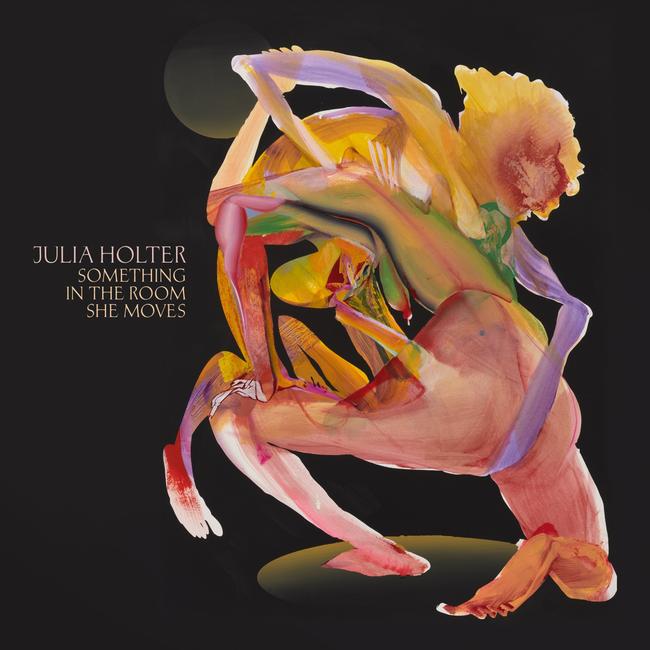
CHAMBER POP
Something in the Room She Moves
Julia Holter
Domino
Julia Holter’s first album in six years occupies a space somewhat between the whirling chamber pop of 2015’s personal breakthrough Have You in My Wilderness and the experimental daring of 2018’s Aviary. The Los Angeles multi-hyphenate has been prolifically scoring films and other works, too, and some of the less lyric-centred tracks here — such as the vocal tapestry Meyou and the ambient Ocean — echo that mode. Flute, bass and keyboard instruments are prominent throughout, tapping into gentle cosmic tones while ballooning with a gorgeous sense of space. Holter had said she wanted the album to be more corporeal and less dreamlike than her past work, but the simple presence of her mirage-like sigh means that there’s often an air of suspended reality here. That’s especially fruitful on the opening Sun Girl, during which soothing lyrics and imagery are repeated with floaty majesty. And for anyone craving Aviary’s more bravura turns, the jazz and classical motifs on Talking to the Whisper evolve from amiable vibe-stoking to a raucous psychedelic crescendo.
Doug Wallen

To join the conversation, please log in. Don't have an account? Register
Join the conversation, you are commenting as Logout